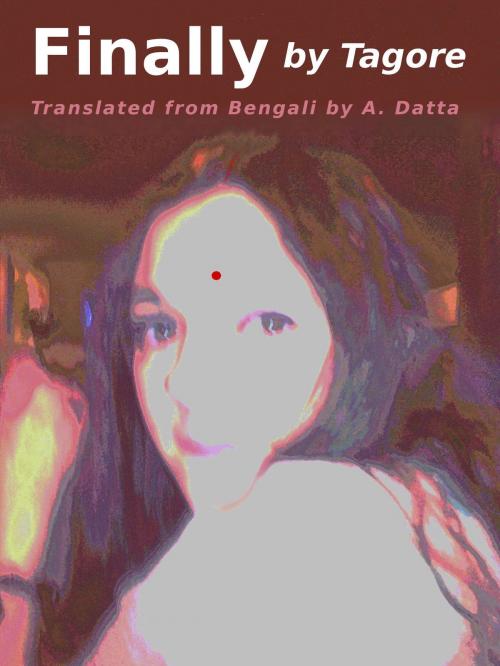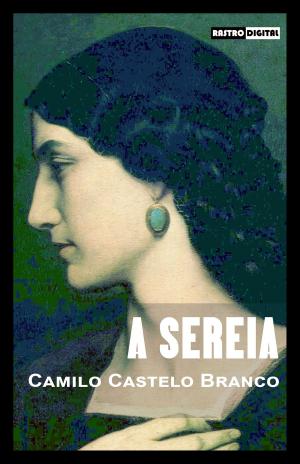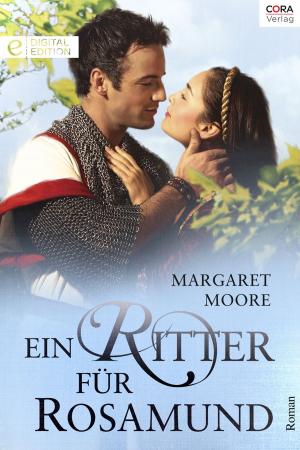| Author: | Rabindranath Tagore | ISBN: | 9781476447438 |
| Publisher: | A. Datta | Publication: | July 3, 2012 |
| Imprint: | Smashwords Edition | Language: | English |
| Author: | Rabindranath Tagore |
| ISBN: | 9781476447438 |
| Publisher: | A. Datta |
| Publication: | July 3, 2012 |
| Imprint: | Smashwords Edition |
| Language: | English |
When a feudal lord from a far off place arrives in his boat, the villagers get all worked up and women who happen to be at the river bank draw veils over their faces like a set of curtains hanging down to the ends of their nares. Mrinmayee nevertheless rushes to the riverside holding a naked child, waltzing her curls over her back and observes the new arrival with curiosity like a fearless fawn of a land sans hunters and predators and finally returning to her own band of boys gives an elaborate account of the nuances of this newly-arrived creature. A romping non-conforming feminine nature bespeaks itself and pulsates unceasingly in the eyes and aspect of this girl like a swift free-roaming wild antelope and makes her vibrant face unforgettable.
On the day of Apurba's return from Kolkata, the frame-up is near-perfect. Riverside, overshadowed by trees, birds singing, the morning sun, of twenty years age; agreed that the pile of bricks isn't as much praiseworthy but the personage who occupies that seat pleasantly casts her grace on its hard arid constitution. In a few days, Apurba wishes to wed Mrinmayee.
It may seem that Apurba is guilty of forcing Mrinmayee into an arranged marriage. However, her parents agree to the proposal against their daughter's wish giving Apurba the false impression that she had given her consent. Apurba wishes to abide in glory like a god and accept only that which is offered in gift, rather than take what he can. And he promises not to return home to her until she writes to him. This is the story of a young girl's coming of age in a conservative society but with a liberal husband. To be able to write it in such detail Tagore must have had tremendous faith in the power of feminine sexuality. Nevertheless, this is not erotica. It is a tale of joy told in the language of tears …
When a feudal lord from a far off place arrives in his boat, the villagers get all worked up and women who happen to be at the river bank draw veils over their faces like a set of curtains hanging down to the ends of their nares. Mrinmayee nevertheless rushes to the riverside holding a naked child, waltzing her curls over her back and observes the new arrival with curiosity like a fearless fawn of a land sans hunters and predators and finally returning to her own band of boys gives an elaborate account of the nuances of this newly-arrived creature. A romping non-conforming feminine nature bespeaks itself and pulsates unceasingly in the eyes and aspect of this girl like a swift free-roaming wild antelope and makes her vibrant face unforgettable.
On the day of Apurba's return from Kolkata, the frame-up is near-perfect. Riverside, overshadowed by trees, birds singing, the morning sun, of twenty years age; agreed that the pile of bricks isn't as much praiseworthy but the personage who occupies that seat pleasantly casts her grace on its hard arid constitution. In a few days, Apurba wishes to wed Mrinmayee.
It may seem that Apurba is guilty of forcing Mrinmayee into an arranged marriage. However, her parents agree to the proposal against their daughter's wish giving Apurba the false impression that she had given her consent. Apurba wishes to abide in glory like a god and accept only that which is offered in gift, rather than take what he can. And he promises not to return home to her until she writes to him. This is the story of a young girl's coming of age in a conservative society but with a liberal husband. To be able to write it in such detail Tagore must have had tremendous faith in the power of feminine sexuality. Nevertheless, this is not erotica. It is a tale of joy told in the language of tears …















